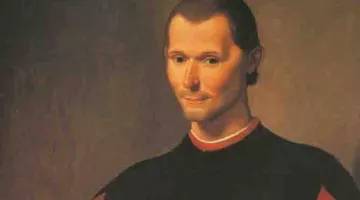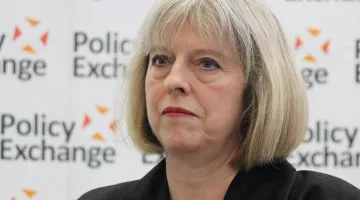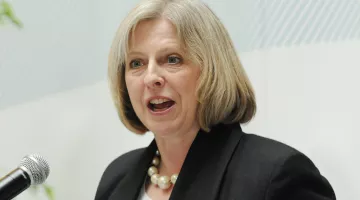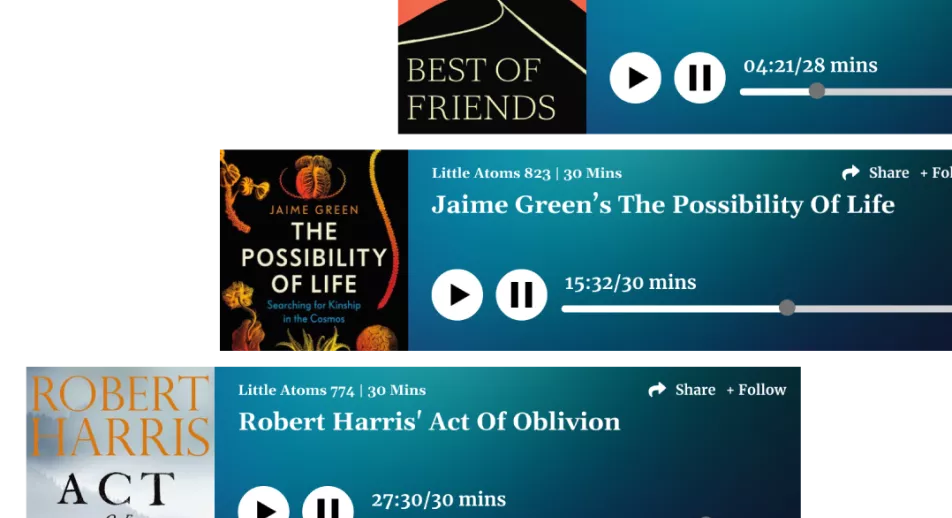England’s difficulty is Arlene’s opportunity, or why the DUP loves a crisis
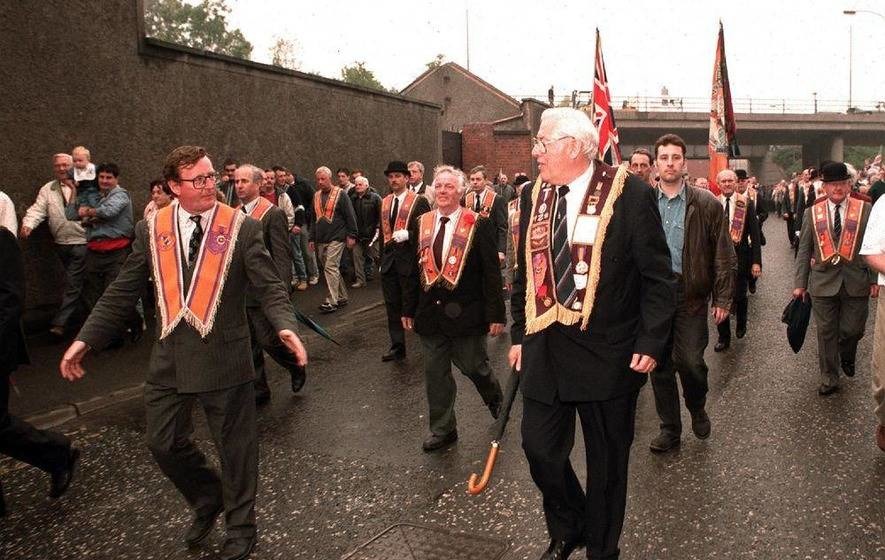
Brinksmanship is how politics works in Northern Ireland, and it’s a style the rest of the United Kingdom is going to have to learn about.
Cast your minds back to 1995, if your memories stretch that far. Amidst a nascent peace process, the summer saw a stand off between the Orange Order and nationalist residents on Garvaghy Road. The Orangemen want to assert their right to march on the “Queen’s Highway”, while residents claim the march is triumphalist and aggressive.
Ronnie Flanagan, then Deputy Chief Constable of the Royal Ulster Constabulary (the predecessor of the PSNI), brokered a deal: the Orangemen could march their traditional route year, but with flags furled and flutes silent: future marches would be subject to negotiation and consent on all sides.
At least that’s what residents representative Breandan Mac Cionnaith thought. In 2007 he told the BBC’s Mervyn Jess:
“The march went ahead with only a handful of police on the road. Without an agreement there would have been 2,000 cops on the road to get it down. Our people stood aside as the Orangemen marched by. Then as soon as the parade reached the bottom of the Garvaghy Road you had David Trimble stating that there had been no agreement and that the Orangemen had come down with their flags flying as they intended to do in the future. The District Master Harold Gracey also denied that there had been any agreement reached with the nationalist residents.”
Trimble, the local MP and rising star of the mainstream Ulster Unionist party (he would become leader in September 1995), got to the end of the march hand in hand with Ian Paisley, the rabble-rousing DUP leader. Paisley gave a speech in the already highly charged atmosphere of Drumcree that year claiming that the aim of Catholics was to exterminate Ulster Protestants. Trimble watched from behind Paisley on the stage.
Over the following years, Drumcree became the annual focus for confrontation across Northern Ireland.
This is one side of the story: the side that Unionists would point out is that Sinn Féin had been heavily involved in the organisation of nationalist residents on the Garvaghy Road and in other flashpoints such as the Lower Ormeau Road in Belfast (Mac Cionnaith, for example, had done time for his role in an attack on a British Legion hall). The tactic strengthened Sinn Féin in communities, and also gave them the power of negotiation.
The Drumcree processions could be seen as the points at which the current dominant parties in Northern Ireland both made steps into the mainstream as representatives of their communities. In spite of the Ulster Unionist party’s close links to the Orange Order at the time, Paisley made huge ground at Drumcree with an audience that may at one time have been a little more sceptical of his Bible-thumping fervour. The symbolic sight of Paisley and Trimble holding hands at the end of the march (Trimble claims he only grabbed Paisley to stop him taking all the limelight) cemented Paisley as part of mainstream Unionism.
This process continued in 2004, when current DUP leader Arlene Foster defected from the UUP to the DUP along with Jeffrey Donaldson – a senior figure in the party who had opposed Trimble’s role in the peace process – and peaked when Paisley himself became first minister in 2007. The Ulster Unionist Party has never really recovered.
The point of all this is to highlight the modus operandi of modern Northern Irish politics: trigger a crisis, and then work it to your advantage (Sinn Féin's manouevering over “Cash for Ash”, eventually leading to the Assembly election in March of this year, was an absolute masterclass in the form).
So it should not be the least bit surprising that the DUP is stalling in giving an outright commitment to the Conservatives in a proposed “confidence and supply” deal.
These deals in themselves are not very special. On the BBC’s Newsnight this week, the Portuguese foreign minister Augusto Santos Silva pointed out that his own party ran a minority government with support from other smaller parties. This is not necessarily the crisis the British imagine.
But the DUP will make sure it looks like one. Operating at anything less than crisis pitch makes no sense for Arlene Foster and her MPs: as they see it, it’s the way you win concessions for your side. So there will be threats of withdrawal, there will be impossible demands (perhaps, for example, British state funding for a commemoration of the founding of Northern Ireland in 1921 – “after all, the South will probably have a commemoration, so why can’t the North?” will go the seemingly innocent logic), there will be midnight phone calls, walkouts, briefings and the rest.
And eventually there’ll be a deal, in which Northern Ireland gets more cash for infrastructure projects and guarantees that its archaic laws on equal marriage and abortion rights will remain untouched.
And then there will be another crisis.
Welcome to politics, Northern-Ireland style. Get used to it.

